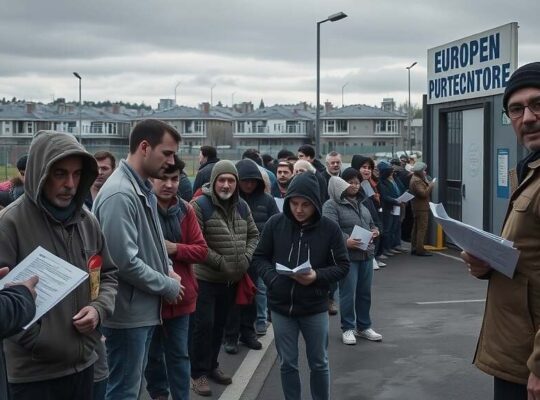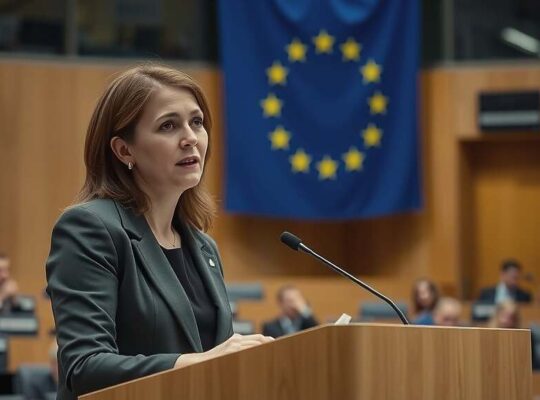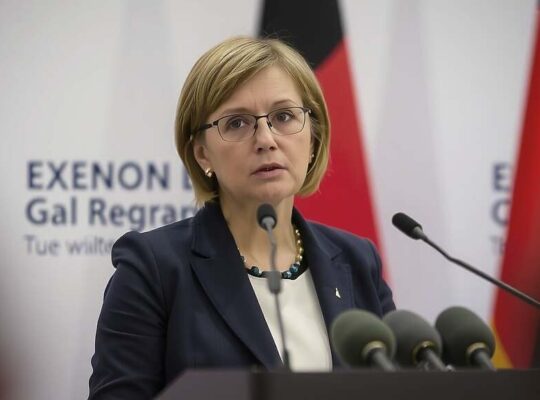The proposed EU legislation aimed at combating child sexual abuse material, often referred to as the “chat control” initiative, is facing mounting resistance from within Germany, sparking a fierce debate over privacy rights and the scope of state surveillance. Marit Hansen, the Data Protection Officer for Schleswig-Holstein, has publicly denounced the plan, characterizing it as a “severe infringement on the rights of users” that effectively places everyone under suspicion. She warned that its technical implementation could create a “backdoor” leading to widespread content monitoring, carrying a significant potential for abuse.
Günter Krings, Deputy Chairman of the CDU/CSU parliamentary group, echoed this sentiment, stating unequivocally that his faction will not support indiscriminate monitoring of digital chats. He defended end-to-end encryption as a “security gain” emphasizing its crucial role in protecting privacy and sensitive data, rather than a security risk. Krings acknowledged the urgent need to address online child sexual abuse and urged the EU to move forward, but dismissed the current proposal developed under the Danish presidency.
The criticism isn’t limited to the conservative wing. SPD General Secretary Tim Klüssendorf has directly challenged Interior Minister Alexander Dobrindt (CSU) to actively oppose the initiative within the EU Council. He affirmed the SPD’s firm rejection of the proposal, denouncing it as a violation of the fundamental right to private communication. Klüssendorf demanded a shift towards an-cause prosecution and highlighted the need for alternative, more targeted methods to investigate criminal activity without placing entire user bases under generalized suspicion.
Justice Minister Stefanie Hubig (SPD) further reinforced this stance, declaring indiscriminate chat controls “tabu” in a rule-of-law state. She explicitly ruled out compelling messaging services to mass-scan communications for suspicious content, signaling Germany’s impending non-compliance at the EU level. “The worst crimes do not justify the surrender of fundamental civic rights” she stated, reaffirming a consistent position maintained within the German government for months.
The escalating opposition underscores a fundamental divergence between the urgency to protect children and the commitment to upholding civil liberties. While consensus exists on the critical need to combat online child sexual abuse, the proposed “chat control” framework risks undermining the very principles it aims to defend. The debate now centers on whether the EU can forge a path forward that prioritizes child protection without eroding the foundations of privacy and freedom of communication.












